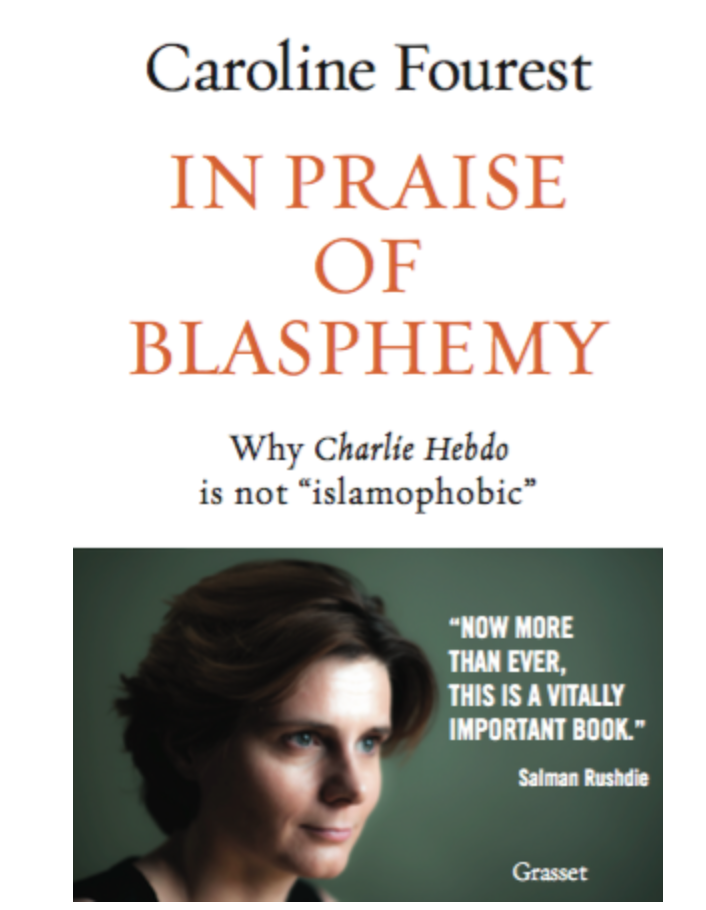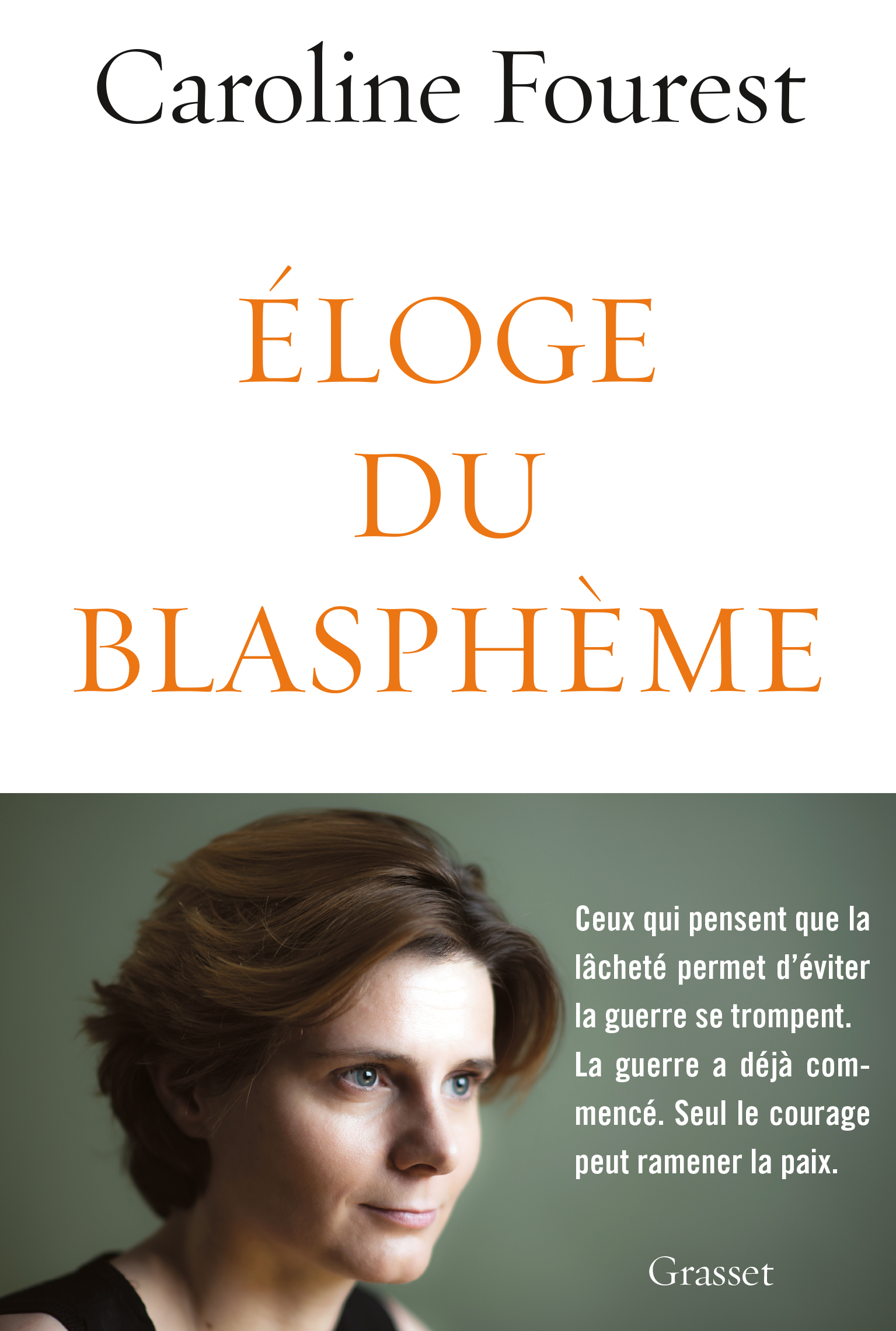According to Salman Rushdie, « This is a vitally important book ».
To order it on Itunes – To order it on Amazon
« In her new book In Praise of Blasphemy: Why Charlie Hebdo is not Islamophobic, Caroline Fourest wanted to show how much ground we have conceded. Instead, the treatment of her work by the publishing industry shows how much has been lost. No Anglo-Saxon publisher would touch it, and only fear can explain the rejection letters. The author is not an unknown. Fourest is an established writer and one of the few French intellectuals prepared to think for herself rather than parrot a party line. She worked at Charlie Hebdo, so she can provide a first-hand account of its struggles and thinking. An English translator has done her proud. Her book has an endorsement from Salman Rushdie on its cover, which any publisher would kill for: “Now more than ever this is a vitally important book.”
So it is, and readable too. To top it all, Fourest was offering the English translation to publishers as IS was preparing to attack Paris. Its topicality was beyond doubt. Publishers normally want topical books, but their refusal to publish Fourest shows that you can be too topical, particularly if your topicality incites a paranoid fear in a publisher’s mind that men in balaclavas might burst into his offices. All the cries of “Je suis Charlie” have turned out to be so many lies, as they were always going to be. The murder of Charlie Hebdo’s journalists reinforced the silent determination of every editor and publisher in the West that Charlie was the last thing they were going to be.
With luck, In Praise of Blasphemy will be available as a privately published ebook, assuming Amazon doesn’t run scared as well, that is. But for the time being I am one of the few people to have read it and I can say that Rushdie is right. This is an important book because it goes to the heart of a distinction between anti-Muslim bigotry and Islamophobia that hypocrites who pose as anti-racists and religious sectarians who want to protect their oppressive theology from criticism have deliberately blurred… »

